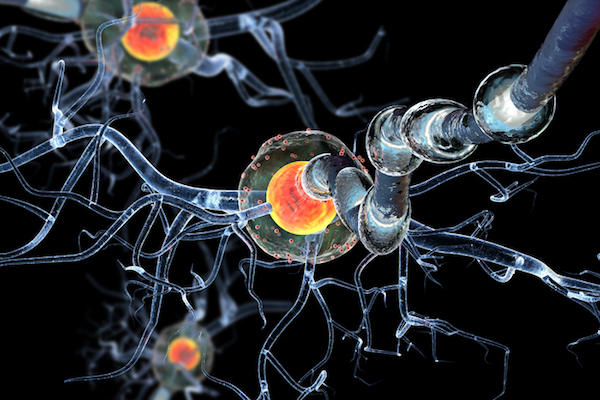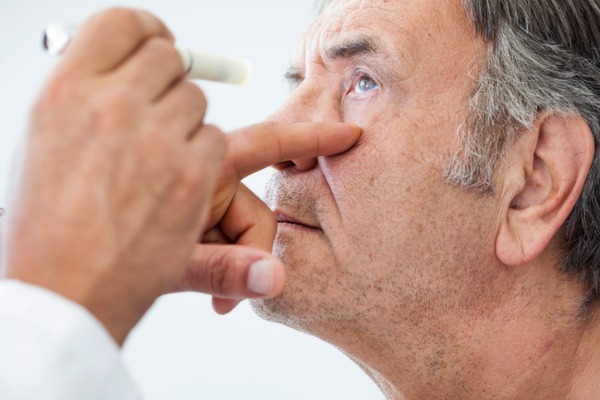
Explaining the Ocular Setbacks Associated with Multiple Sclerosis
While the main cause of multiple sclerosis is still unknown, scientists believe several different factors are at work
According to the National Multiple Sclerosis Society, Multiple Sclerosis (MS) is “an abnormal response of the body’s immune system directed against the central nervous system.” In simpler terms, when a person has MS, their immune system attacks the cells that protect the brain, spinal cord, optic nerves, etc.
When these cells become damaged, the nerves gets exposed, which makes it hard for the brain to send signals to the rest of the body. This process can result in coordination problems, muscle weakness, vision issues, and more.
While the main cause of MS is still unknown, scientists believe several different factors are at work. For one, MS is thought to be genetically activated. It can also be triggered by infections and/or other environmental influences.
By the Numbers:
- An estimated 400,000 people in the United States are affected by MS
- An estimated 2.5 million people are affected by MS worldwide
- MS most commonly affects younger people (20 – 40 is typical age on onset)
- The disease is 2 – 3 times more likely in women
Initial symptoms of MS include:
- Pain
- Fatigue
- Tingling/Numbness
- Heat intolerance
- Difficulty walking (loss of coordination)
- Slurred speech
Ocular symptoms include:
- Blurry vision (typically in one eye)
- Double vision
- Pain associated with eye movements
In my professional experience, the most common ocular finding associated with MS is optic neuritis, which is inflammation of the optic nerve. This typically goes away on its own, but other treatment options can be used for a faster healing process.
Treatment:
Typically, your neurologist will come up with a protocol for treating MS. And it should ALWAYS be followed to the tee. The protocol will typically consist of oral and/or injectable medications, which will help to control the disease.
Of course, a few lifestyle changes that go hand in hand with better health regardless of the situation (proper nutrition, fitness, sleep, etc).
People with MS should try to avoid the following triggers.
- Heat
- Stress
- Smoking
- Infections
It might also be a good idea to:
- Increase vitamin D intake
- Increase consumption of plant based foods
- Exercise regularly
- Get more sleep







